Development of novel protective coatings to ensure the reliability of electronic components
In the ECSEL JU project "Intelligent Reliability 4.0" (iRel40), 75 partners from 13 countries are working on a holistic approach to ensure the reliability of electronic components and systems (ECS) under the leadership of Infineon Technologies AG.
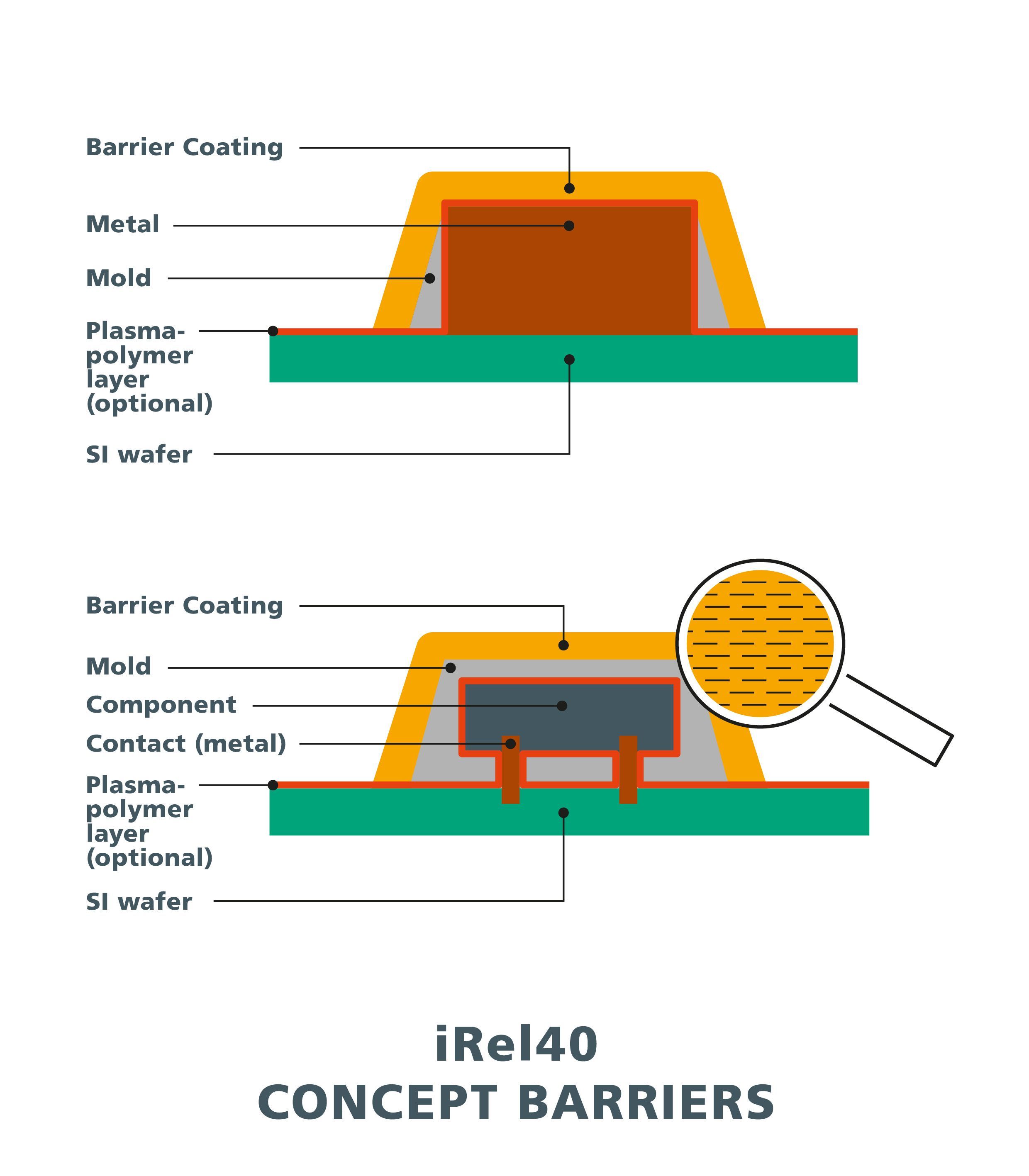
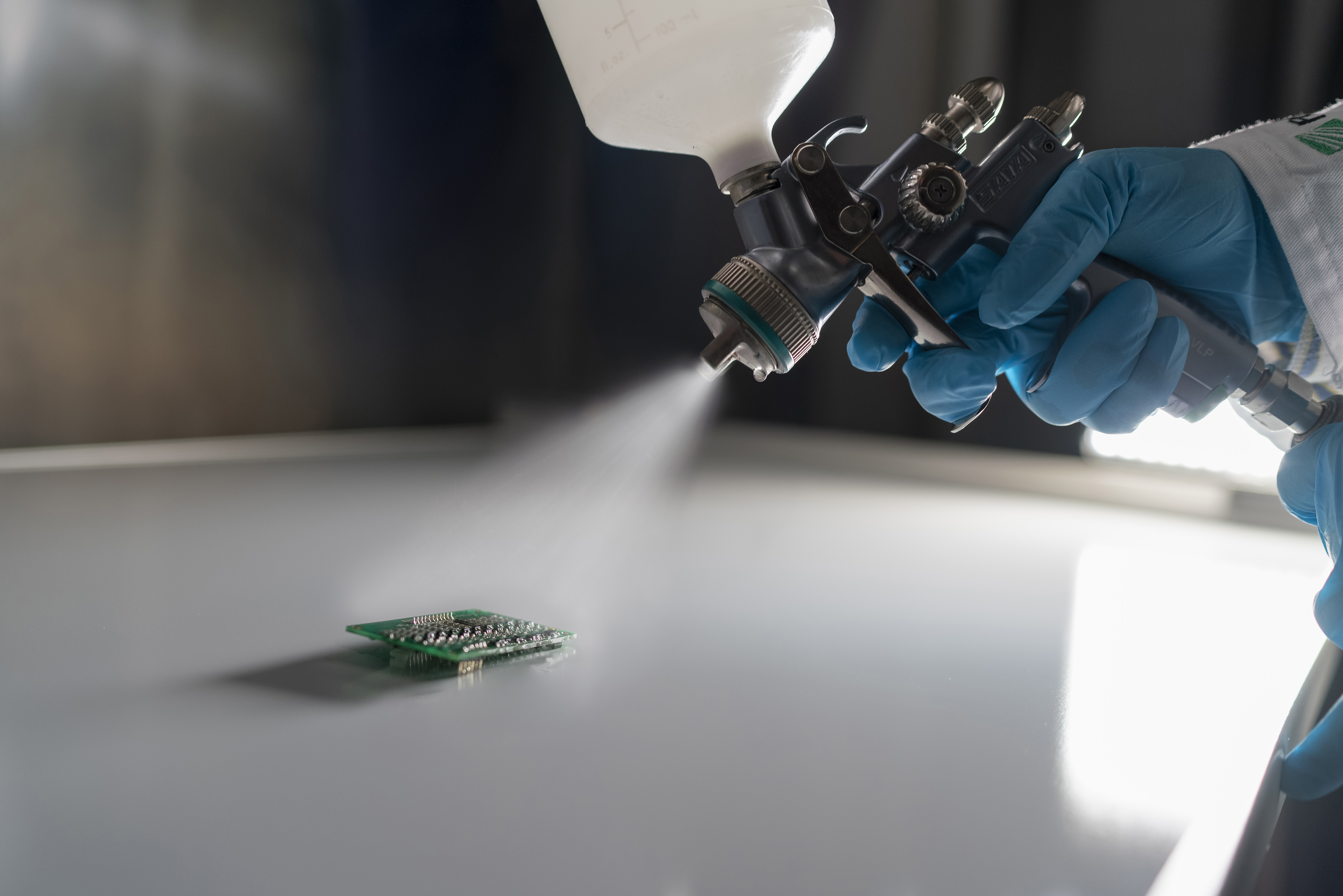
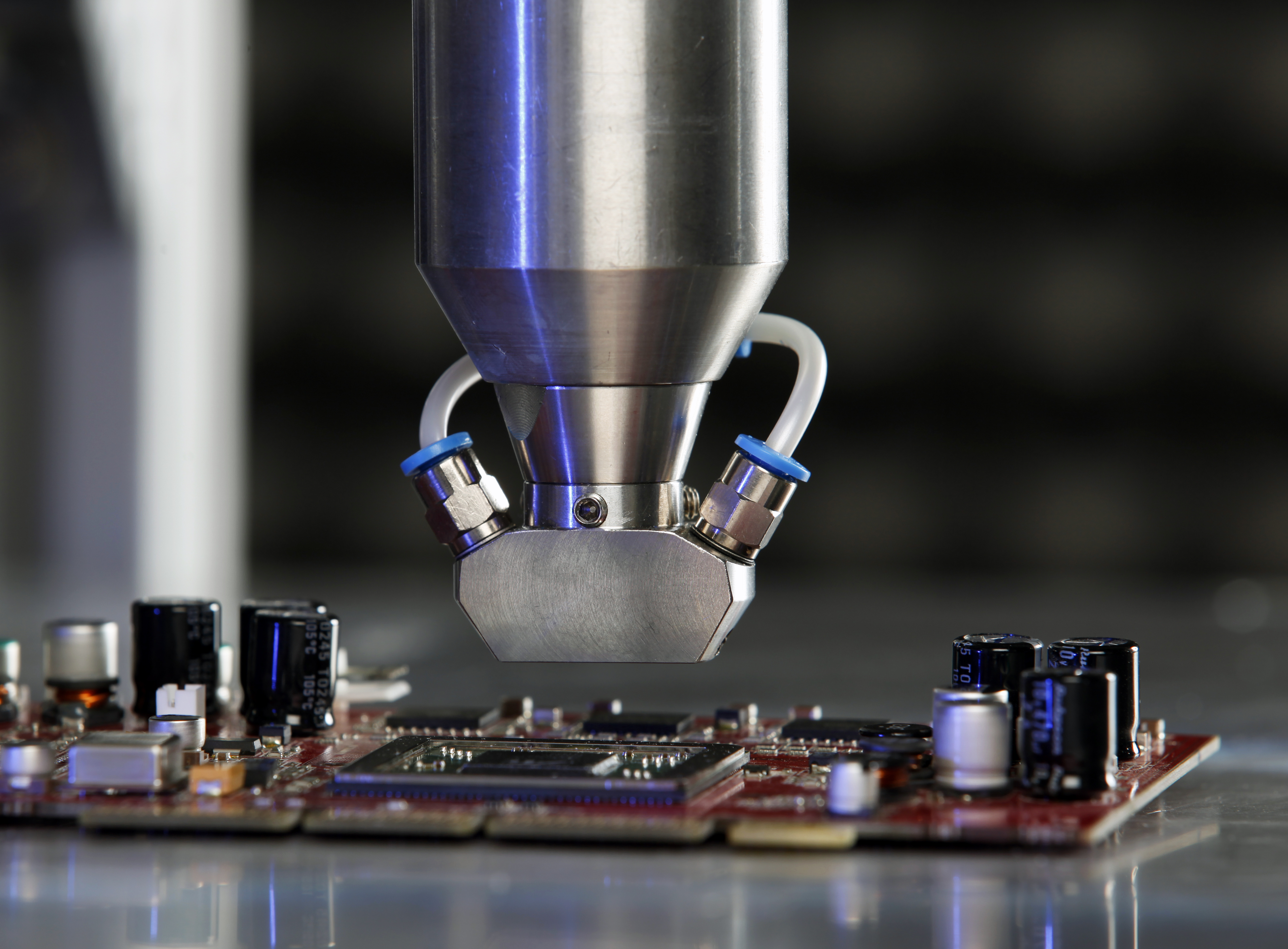
In the course of miniaturization and with the development of modern products, more and more functions have to be integrated into smaller space. In accordance with this trend, the demands on electronic components and systems are increasing enormously. Maximum reliability is required throughout the entire life cycle. This is an elementary requirement for advancing and enabling new technologies in safety-relevant applications. As corrosion damage can lead to failures, Fraunhofer IFAM addresses one key aspect for a longer life cycle: within the "Intelligent Reliability 4.0" project, the institute develops novel protective coatings for microelectronic components to ensure their necessary reliability.
In the ECSEL JU project "Intelligent Reliability 4.0 – iRel40", the leading reliability experts and European manufacturers of electronic components from across 13 countries meet for the very first time. In total, 75 consortium partners will build up a sustainable pan-European reliability community over the next years under the leadership of Infineon Technologies AG. Together, they pursue the overall goal to improve the reliability of electronic components and systems by reducing the failure rate along the value chain. "The trend towards system integration, especially for heterogeneous integration, in miniaturization, but also in the demand for higher reliability in safety-relevant applications such as in the digital industry, in autonomous mobility, or for example in harsh environments such as offshore energy production, is progressing steadily," explains Dr. Volkmar Stenzel, head of the Paint and Lacquer Technology department and project coordinator iRel40 at Fraunhofer IFAM.
"We need to prepare for these challenges as semiconductor devices and electronic systems reach limits and become more sensitive to the reduced tolerances of increasingly complex package and board technologies. In addition, many new applications simply cannot afford failures. To this end, iRel40 will enable reliable electronic components and systems to be developed faster and new processes to be transferred to production at higher speeds. Deep understanding through "Physics of Failure" and artificial intelligence methods will drive quality and reliability. The results of the development work will strengthen production along the value chain and sustainably support the success of investments in electronic components and systems in Europe," says Volkmar Stenzel, summarizing the benefit of the project.
The close collaboration and understanding in terms of reliability across the entire value chain, including materials, chip, package and board/system, will generate and combine outstanding knowledge and thus improve innovation capabilities. "Among the more than 30 industrial pilots selected, materials development plays a key role in protecting components and thus ensuring the longevity and functional safety of electronics. Permanent prevention of corrosion is the goal here," emphasizes Volkmar Stenzel.
Development of reliable protective coatings to prevent corrosion
At the Fraunhofer Institute for Manufacturing Technology and Advanced Materials IFAM, the Paint and Lacquer Technology department as well as the Plasma Technology and Surfaces department have long been developing technologies for the protection of components. The institute’s unique expertise and core competencies of both departments combined allow novel protective coatings for microelectronic components to be comprehensively processed. "The task within the iRel40 work package "Material development and testing for component protection" is to develop and characterize special protective coatings against the diffusion of water or electrolyte solutions and oxygen. These coatings are intended to prevent corrosion in the area of the metallic conductor paths on the microelectronic components, which could lead to malfunctions or result in component failures. The project work focuses in particular on microchips and semiconductor structures for power electronics, which need better protection based on barrier pigments and active corrosion inhibitors. Furthermore, the combination of these materials with plasma polymer coatings is being investigated, which are being specifically adapted for the task of adhesion promotion under thermal stress and protection against age-related infiltration," says Volkmar Stenzel, describing the development project.
Higher protection through combination coatings
In detail, the coating concept consists of a novel mold material based on silicone gels or, alternatively, compression mold materials that are optimized with regard to application with active corrosion inhibitors. In addition, a barrier layer based on UV-structurable polymers and special pigments is being developed. This can be either two individually applicable layers, whose position in the overall layer structure is adapted to the application profile, or a combination layer in which both the corrosion protection and the barrier effect are used. In addition to functionality, the main aim here is to achieve good heat dissipation behavior in the resulting system.
In addition, plasma polymer coatings are used that specifically address the issue of adhesion promotion between the metallic conductor and mold material or the protective barrier layer. This involves both the protection of the conductor surface or the bond in case of adhesion loss and the compensation of the different thermal expansion coefficients during operation. In addition, the coatings are designed to minimize the harmful chemical reactions that may occur during service life.
Overall, the protective system will prevent corrosion and other damage caused by moisture or harmful gases, for example. To this end, among other things, the mold material will be equipped with active corrosion inhibitors, thus offering a combination of corrosion protection and prevention of environmental influences, especially regarding the very specific requirements for layer thickness and thermal stability. For this purpose, a barrier layer is developed in parallel, which shields the electronic components against harmful gases and moisture by utilization incorporation of platelet-shaped pigments. In addition, a layer deposition is applied by means of atmospheric plasma technology, with very small layer thicknesses of less than 1 μm, to ensure the surface topography and increase the protective effect without significantly influencing the heat dissipation behavior of the components.
The combinations of these technologies will be evaluated and adapted to current requirements along the value chain in close cooperation with various partners from research and industry as part of the project. In this way, a targeted and application-oriented approach is guaranteed and the new technologies can be optimized and used in a forward-looking manner.
Funding
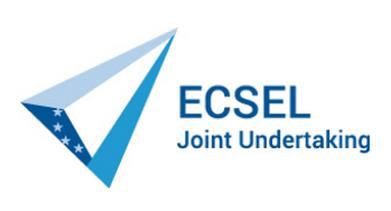
“iRel40” is a European co-funded innovation project that has been granted by the ECSEL Joint Undertaking (JU) under grant agreement No 876659. The funding of the project comes from the Horizon 2020 research program and participating countries. National funding is provided by Germany, including the Free States of Saxony and Thuringia, Austria, Belgium, Finland, France, Italy, the Netherlands, Slovakia, Spain, Sweden, and Turkey.
Project information
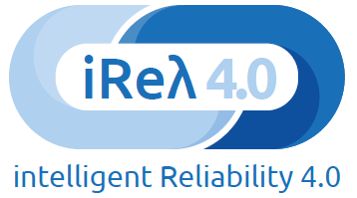
Press release and images for download
Last modified:
 Fraunhofer Institute for Manufacturing Technology and Advanced Materials IFAM
Fraunhofer Institute for Manufacturing Technology and Advanced Materials IFAM